BREAKING NEWS! The Great DNC Email Purge: All 20,000 Leaked Democratic National Committee Emails DELETED From Wikileaks Server
Ready to uncover the truth? Sick of the lies? Join our Telegram Channel now. It’s time for the real story! Stay informed! My gratitude to all my readers!
BREAKING: The deletion of 20,000 DNC emails from Wikileaks servers as part of Julian Assange’s plea deal exposes the political pressure behind his prosecution. This article delves into Assange’s legal battles, the ethical implications for journalism, and the ruthless nature of the political class. Discover the dramatic story that underscores the ongoing struggle for press freedom and transparency.
The Controversial Deletion of 20,000 Leaked DNC Emails from Wikileaks: A Political Drama Unveiled
In a stunning twist that has left political analysts and the public alike reeling, all 20,000 emails from the Democratic National Committee (DNC) have been deleted from the Wikileaks servers. This revelation has sparked outrage and speculation, with many believing it to be a strategic move in the complex legal negotiations involving Wikileaks founder Julian Assange.
The deletion of these emails is not just a mere footnote in the annals of political history but a dramatic and aggressive chapter that underscores the murky intersection of politics, law, and information warfare.
Julian Assange: The Man at the Center of the Storm. Julian Assange, the enigmatic founder of Wikileaks, has been a polarizing figure since his organization began publishing classified information from various governments. Assange’s legal troubles have been the subject of global attention, and his recent plea deal has only added fuel to the fire. As part of his agreement, Assange was instructed to direct Wikileaks to destroy any classified documents and information remaining in their possession and to provide an affidavit once completed.
This move, aimed at resolving his legal issues, has raised questions about the extent to which political pressure influenced the decision.
A Brief Overview of Assange’s Legal Battles. Assange’s journey from being a celebrated whistleblower to a political pariah has been fraught with controversy. His role in the publication of classified U.S. military documents and diplomatic cables brought him both acclaim and condemnation. The U.S. government’s pursuit of Assange on espionage charges highlighted the thin line between journalism and criminal activity.
Assange’s alleged involvement in asking Chelsea Manning to obtain classified material and breach password protections was a pivotal moment that shifted the narrative against him. This act, seen by many as crossing the line into criminal behavior, became the focal point of his prosecution.
Try Nikola Tesla’s Divine Code “369” for 30 Seconds & Watch What Happens Next…
The Political Intrigues Behind the Email Deletion. The deletion of the 20,000 DNC emails from Wikileaks’ servers is widely believed to be a key part of the negotiations with Julian Assange. These emails, which had previously exposed internal DNC communications and contributed to significant political fallout, are now gone. This act has reignited debates about the political motivations behind Assange’s prosecution and the broader implications for freedom of the press.
Don’t Miss This:
BOOM! DISCLOSURE (Declassified & Authorized): The Truth About Julian Assange and Wikileaks!
WikiLeaks Bombshell: Obama Ran Pedophile Ring Out of the White House – The Leaked Email!
Anyone who has followed Julian Assange’s legal saga knows that his case is deeply political. The powers-that-be were infuriated by the secrets that Wikileaks revealed, and there has always been a sense that Assange’s prosecution was as much about silencing a dissenting voice as it was about enforcing the law. The deletion of the emails can be seen as a concession to these political forces, a move designed to placate those who were most threatened by the information Wikileaks had made public.
Assange’s Mistake: The Chelsea Manning Incident. Julian Assange’s request for Chelsea Manning to obtain classified material and attempt to breach password protections was a critical error. This action went beyond the boundaries of journalism and ventured into the realm of criminal conspiracy. The distinction between receiving unsolicited classified information and actively seeking it out is crucial. Assange’s actions in this case provided the legal basis for his prosecution, but many believe the underlying motivation was political retribution.
The prosecution of Julian Assange has always been a contentious issue, with strong arguments on both sides. On one hand, there is the principle of protecting national security and preventing the unauthorized dissemination of classified information. On the other hand, there is the fundamental right to freedom of the press and the public’s right to know.
Journalism vs. Espionage. A key point of contention in Assange’s case is the distinction between journalism and espionage. Receiving classified information without soliciting it is generally considered to be within the bounds of journalistic activity. However, when a journalist actively seeks out classified information, especially by encouraging a source to breach security measures, it crosses into the territory of espionage. This nuance is central to the debate over Assange’s actions and the charges against him.
Assange’s prosecution has significant implications for press freedom. Many journalists and free speech advocates fear that prosecuting Assange sets a dangerous precedent. It could potentially criminalize the journalistic practice of obtaining and publishing information that is in the public interest. The deletion of the DNC emails from Wikileaks’ servers adds another layer of complexity, raising concerns about the potential for political influence to stifle investigative journalism.
THE RED PILL: Discover The Secret Used By A Former CIA Scientist To Open Your ‘3rd EYE’
The Aftermath: Assange’s Release and Its Implications. After years of legal battles, Julian Assange was released from Belmarsh Prison in the UK, where he had been fighting extradition to the United States. His release and subsequent flight to the Northern Mariana Islands (Saipan) to face a federal judge, enter a plea, and be sentenced to “time served” marked the end of a tumultuous chapter. However, the deletion of the Wikileaks materials from the Democratic Party has left a lasting impact on the perception of his legal troubles.
The entire saga of Julian Assange and the DNC email deletion exposes the ruthless nature of the political class. These events have demonstrated the lengths to which powerful entities will go to protect their secrets and silence dissenting voices. The aggressive and often vindictive actions taken against Assange highlight a broader issue: the use of legal and political power to suppress information and control the narrative.
The case of Julian Assange serves as a stark reminder of the need for vigilance in protecting press freedom and holding the powerful accountable. While Assange’s actions in the Manning incident were undoubtedly problematic, the broader context of his prosecution reveals a concerted effort to undermine the principles of transparency and accountability. The deletion of the DNC emails from Wikileaks is a troubling development that underscores the ongoing struggle for a free and open society.
Lots of posts going around that Wikileaks has deleted the DNC Email leak as part of Assange’s plea deal. This is incorrect information, and is being reported due to a lack of context of the Saipan hearing published by @theage.
The Age’s live report states that
“The court hears the US lawyers are satisfied that Assange has undertaken a requirement to have WikiLeaks destroy the classified information.”
This statement only pertains to unpublished classified information as well as to the extent it is in the control of Assange to evoke the destroying of such documents according to the plea agreement.
The DNC Email leak has been widely unavailable returning an internal server error since at least 2023. (Lots of people also conflating the DNC leak with the Clinton Email leak; these are two separate things.) Let’s normalize to always check official sources.
Conclusion: The deletion of the 20,000 DNC emails from Wikileaks servers, likely as part of Julian Assange’s plea deal, is a dramatic and aggressive chapter in the ongoing saga of political intrigue and legal battles. It highlights the intense pressure exerted by political forces and raises important questions about the limits of press freedom and the ethical responsibilities of journalists.
As we reflect on this complex and multifaceted story, it is essential to remain vigilant in defending the principles of transparency and accountability. The political class, with its vast resources and influence, must not be allowed to stifle the free flow of information or silence those who seek to expose the truth. Julian Assange’s case is a potent reminder of the power dynamics at play and the need for continued advocacy for press freedom and the protection of whistleblowers.

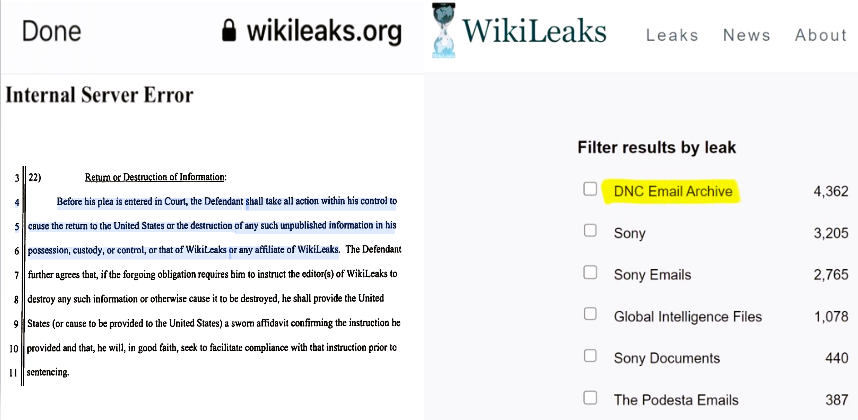




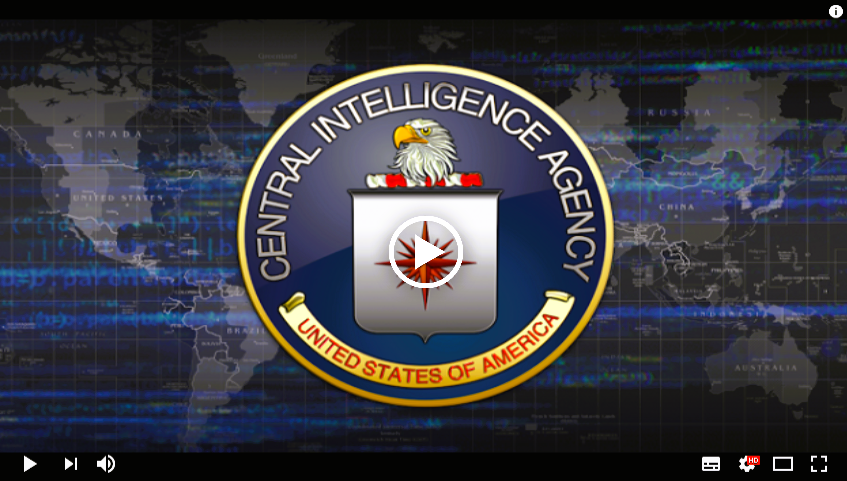
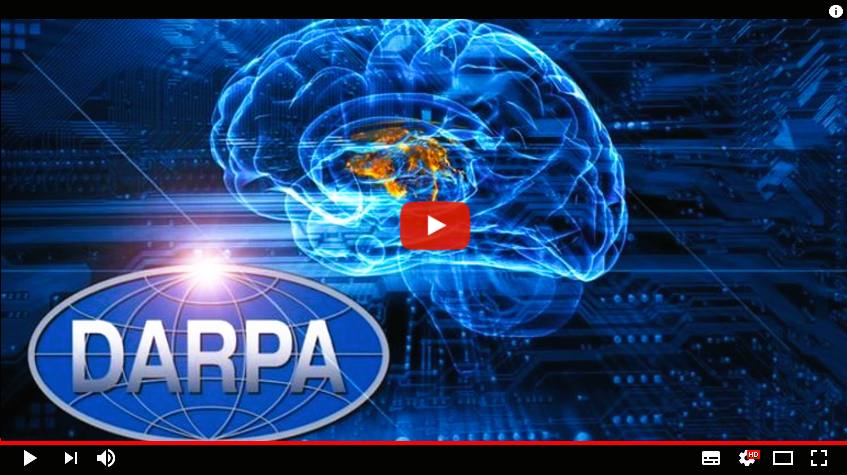





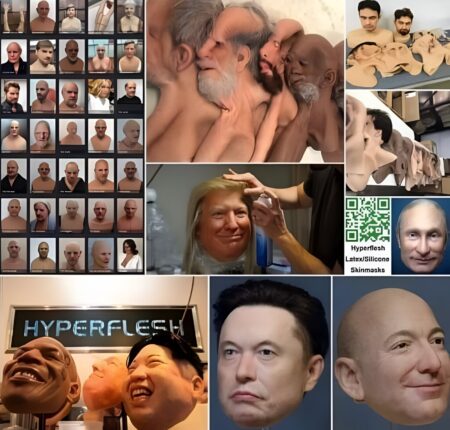
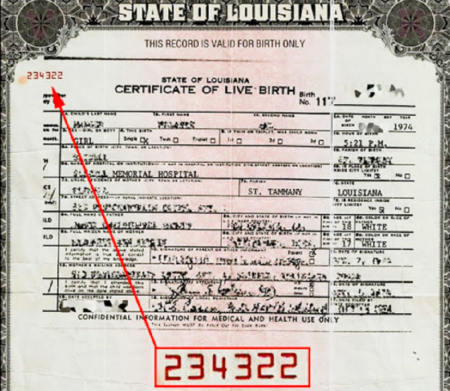
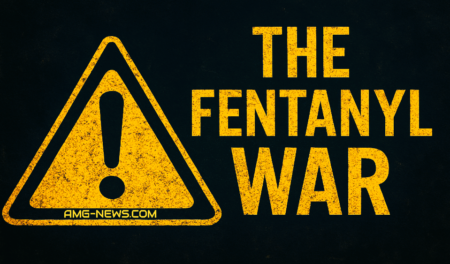
![FAUCI RAIDED: KASH PATEL TO ROGAN: WE RAIDED FAUCI — PHONES & HARD DRIVES SEIZED, COVID LIES EXPOSED! [VIDEO]](https://amg-news.com/wp-content/uploads/2025/06/FBI-Kash-Patel-Fauci-raid-450x263.jpg)
![BOOM! THE FINAL TARGET: ALL ROADS LEAD TO OBAMA – The CIA’s Trojan Horse Who Hijacked America and Controlled Biden Like a Puppet – Obama’s Empire of Treason Faces Military Justice [VIDEO]](https://amg-news.com/wp-content/uploads/2025/05/TRUMP-ALL-ROADS-LEAD-TO-OBAMA-450x238.png)

